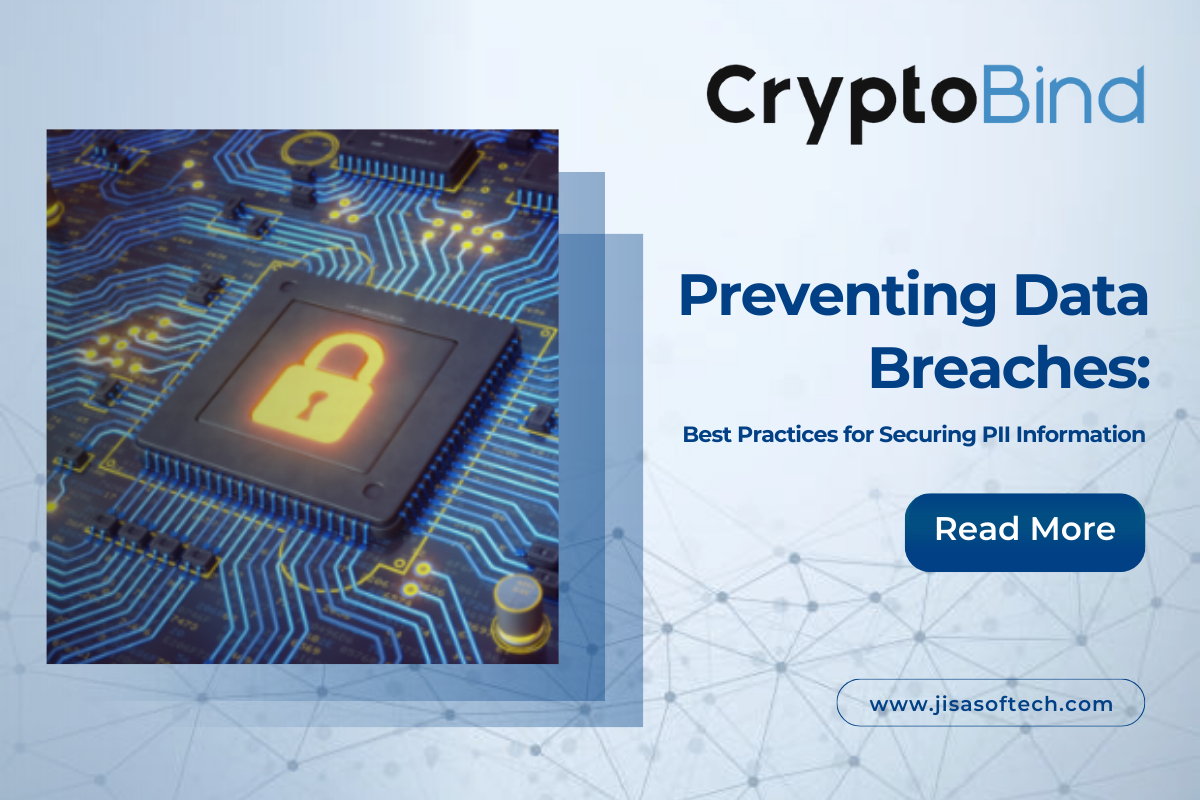In today’s digital age, data breaches and cyberattacks have become increasingly common, leading to significant financial losses and reputational damage to organizations. A recent example is the hack of Medibank’s systems, which resulted in a massive A$26.2 million (£14.7 million) cost in cybercrime-related expenses. The attack was caused by the theft of a username and password belonging to a third-party IT service provider, which was used to access the company’s network through a poorly executed firewall. configured and without an additional digital security certificate.
Read more about the Medibank data breach: https://www.itpro.co.uk/security/cyber-attacks/370127/medibank-bleeds-26-million-in-cyber-costs-following-hack
The news that Medibank lost millions in cyber costs due to a hack is a clear reminder of the importance of securing Personally Identifiable Information (PII) data. PII includes any information that can be used to identify an individual, such as their name, social security number, date of birth, and address. This type of data is particularly valuable to hackers because it can be used for identity theft, fraud, and other malicious purposes.
To prevent similar incidents from happening again, businesses and individuals should take the necessary steps to secure their PII data. Here are some ways to do this:
Encryption is the process of converting sensitive data into a code that can only be deciphered with a key or password. This is an effective way to protect PII data from interception by hackers. Encryption should be used for both data in transit and data at rest.
Multi-factor authentication is a security process that requires users to provide multiple forms of authentication to access sensitive data. This may include a password, fingerprint scan, or facial recognition scan. Multi-factor authentication reduces the risk of unauthorized access to PII data by adding an additional layer of security to the authentication process.
- Regularly monitor and audit data access:
Regular monitoring and auditing of data access is essential to detect unauthorized access to PII data. This may include monitoring login attempts, tracking data changes, and reviewing access logs. It is also important to revoke access to PII data when employees no longer need it.
- Implement strong password policies:
One of the most common ways hackers access PII data is by using weak or easy-to-guess passwords. It is crucial to implement strong password policies that require a combination of upper and lower case letters, numbers and symbols. Passwords should also be changed frequently and not reused across different accounts.
How can we help you protect your PII data?
We offer various cryptographic solutions, including Hardware security modulesHSM cloud, Key management solutions, Tokenization, Encryption And Authentication Solutions to secure Personally Identifiable Information (PII) data. Our solutions ensure the confidentiality, integrity and availability of sensitive data through encryption and key management. Using advanced cryptographic algorithms, CryptoBind® data security solutions ensure that data is protected against unauthorized access, tampering and disclosure. It also provides secure data storage and transmission, making it ideal for protecting PII data in various industries such as healthcare, finance, and government. With CryptoBind®, organizations can secure their data at rest and in transit, reducing the risk of data breaches and cyberattacks. This technology provides an effective solution to address the growing security and privacy concerns of PII data.
Contact us to learn more about our solutions:
Sales@jisassotech.com
+9619222553

